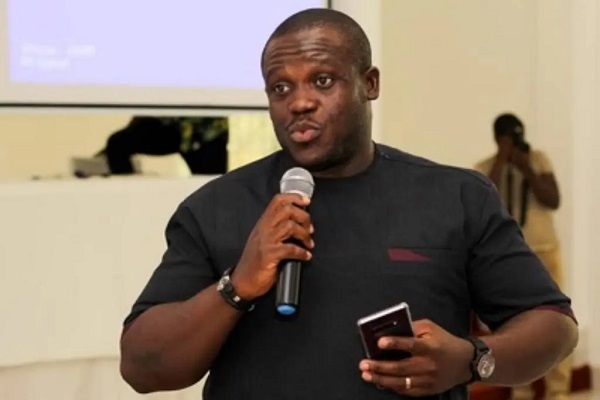The Minister for Communication, Digital Technology and Innovation, Samuel Nartey George, has announced a major initiative to revoke dormant broadcasting frequencies as part of a broader effort to sanitise and optimise Ghana’s digital space.
The minister explained that any company or individual holding a frequency authorisation for more than two years without going operational will have the licence revoked. Speaking during an interview on TV3’s New Day programme on Friday, April 11, 2025, Mr George emphasised that broadcasting frequencies are state assets and must not be left idle.
“When you are given the frequency authorisation, it is for five years, but the authorisation is clear—you must go live and operational within two years,” he said. “If you’ve had it for more than two years and are still not operational, consider it lost. We’re taking it back.”
He added that the move to reclaim unused frequencies is in line with existing legal provisions and forms part of the Ministry’s enforcement strategy to ensure efficient use of Ghana’s limited spectrum. “You cannot hold a state asset in abeyance. Frequencies must serve the public interest, not private speculation,” he added.
According to the minister, the retrieved frequencies will be reassigned to entities that demonstrate readiness to meet operational timelines and comply with regulatory requirements.
Addressing concerns over high data costs in Ghana, Mr George, who is also the Member of Parliament for Ningo-Prampram, clarified that he has no authority to regulate data prices directly. He said that policy tools, not price controls, would be used to promote affordability. “I can’t set prices for data,” he stated. “What I can do is implement the right policies to create competition and reduce cost barriers.”
He suggested that regulatory reforms, infrastructure investments and public-private partnerships would be key components of a broader strategy to reduce data costs.
Mr George also revealed that the government is working on a three-pronged reform agenda to revitalise Ghana Post, following an internal review that exposed significant operational gaps.
Although full details were not provided, the minister hinted at an ongoing comprehensive transformation aimed at repositioning the national postal service to remain relevant in the digital era.
On another front, Mr George said that a new bill to address misinformation and disinformation would soon be presented to Parliament.
He stressed that the proposed law is not designed to silence political dissent but to confront the deliberate spread of falsehoods across both digital and traditional platforms. “Irrespective of your political colour, if you engage in the peddling of fake news, the law will deal with you,” he stated.
The forthcoming legislation, which was first introduced in Parliament on 5 February, seeks to establish a legal framework to address what Mr George described as a growing national security threat. “This is about protecting the public, not shielding the government from criticism,” he clarified.

